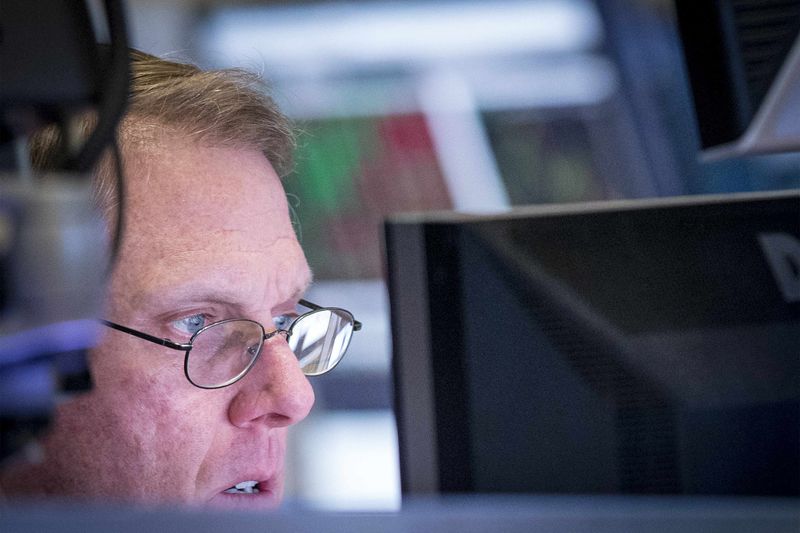Chancellor Scholz Seeks Vote of Confidence in Germany
German Chancellor Olaf Scholz has initiated a move by requesting a vote of confidence scheduled for December 16, which could lead to early federal elections in 2024. This action comes as a result of a significant slowdown in the legislative process in Europe's largest economy following the collapse of his coalition.
Since the breakdown of the partnership among the Social Democrats (SPD), Greens, and Free Democrats (FDP) last month, Scholz has been leading a minority government. The stagnation in policymaking has prompted Scholz to seek a clear mandate from voters.
Should Scholz not receive the expected vote of confidence, his next step would be to ask the president to dissolve parliament, paving the way for new elections proposed for February 23, according to an agreement reached with the opposition.
In his statements to the media, Scholz emphasized the importance of voter participation in shaping the political direction of the country. He expressed his belief that the decision voters make in the upcoming elections will be crucial in addressing the significant challenges the country faces. Scholz highlighted the need for solid investment in Germany's future to maintain its strength.
Scholz also urged lawmakers to collaborate effectively during the lead-up to the elections. He stressed the urgency of passing key legislative measures, such as maintaining price caps on electricity to support German industry, addressing fiscal drag, and increasing child benefits.
Scholz's call to action comes amid rising concerns from major industry players regarding increasing electricity costs. He pointed to discussions with leaders from Volkswagen and Ford (IS:FROTO), noting that both have implemented significant cost-reduction strategies and emphasized the critical importance of preventing further increases in electricity expenses.
The political landscape in Germany reflects the instability seen across Europe, as exemplified last week by French Prime Minister Michel Barnier's loss in a vote of no confidence.
Current polls indicate that opposition conservatives are leading with 31%, followed by the far-right Alternative for Germany at 18%, Scholz's SPD at 17%, and the Greens at 13%. The FDP and Sahra Wagenknecht Alliance are hovering just below the crucial 5% threshold needed for parliamentary entry. However, analysts note that voter loyalty is not as solid as in the past, allowing for rapid shifts in public opinion.


